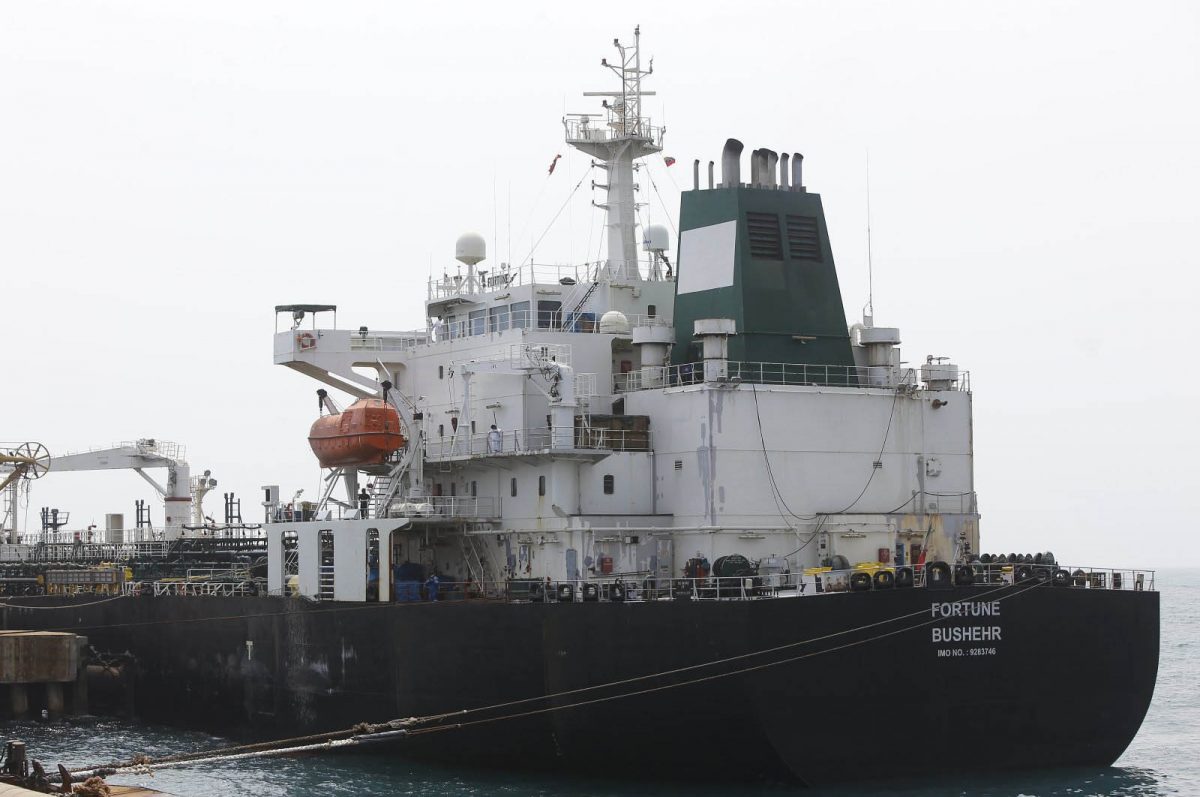The recent announcement that neighbouring Venezuela and Iran have struck what reports say is an ‘oil swap deal’ under which Iran will receive Venezuela’s heavy crude from the world’s single largest known oil reserves in exchange for condensate from the Islamic Republic, would appear to be the most recent example of the ongoing efforts of the administration of President Nicholas Maduro to seek to extricate his country from the protracted and socially and economically crippling United States embargo that continues to stifle the country’s oil exports.
The swaps which will reportedly take place under an agreement that will last for six months, with the likelihood of extensions, were due to begin late last month. Iranian condensate will be blended with Venezuela’s heavy crude in order to render it more globally marketable, thereby making it more exportable and, theoretically increasing the level of its demand on the global market, particularly on the Asian market where the majority of Venezuela’s oil is sold these days.
A Reuters report on Venezuela’s new deal with Iran points to the likelihood that Washington is probably likely to see the deal as amounting to a breach of the sanctions which applies to both Venezuela and Iran though it makes no comment on the US’ likely response. The US’ sanctions, the Reuters report says, can be applied to “any person that is determined to operate in the oil sector of the Venezuelan economy.”
Amidst the tightening of the US sanctions and its attendant threats to take action against sanctions-breakers, whether these be companies or countries, Iran has pointedly ‘put its hand up’ as a country prepared to ease Caracas’ woes and face down Washington with regard to the retaliation threats.
While sanctions have had a long and debilitating impact on the socio-economic fabric of Venezuela, recent reports suggest that what is described in some quarters as the “sanctions noose” has not prevented the country from gradually increasing its oil exports in relatively recent months and generating some revenue with which to ‘fill the holes’ arising out of the sanctions. One of the more recently available reports on Venezuela’s oil exports suggests that it exported more than 700,000 bpd of crude in July, reportedly the highest daily export rate since February. Most of its exports have reportedly been shipped to China, the second largest oil consumer, behind the United States.
Another indication that points to Venezuela’s all-out effort to ramp up its oil production and sales this year has come in the form of a report that three of the five crude oil blending facilities in the Orinoco Belt were operational and that another was preparing to restart operations, having ceased operations for roughly a year.
Venezuela is also likely to benefit from what Iran reportedly says is a plan to attract some $145 billion in oil and gas investments from both local and foreign sources. Iran’s recently appointed Oil Minister Javad Owji is quoted as saying that the country plans to “invest $145 billion in the development of the upstream and downstream oil industry over the next four to eight years.”





